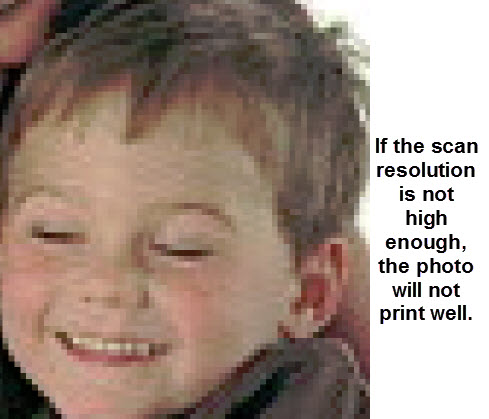Most customers bring in their VHS tapes of their own personal memories and experiences. Weddings, family gatherings, their kids playing and learning together, just to name a few. Every so often, we will get an occasional customer who wants to digitize a commercial, Hollywood movie. They love the movie and want to continue watching it, but like many people nowadays, don’t own a VCR anymore.
So the big question is, is it legal to copy this type of commercial VHS tape to a DVD? If the answer “Yes” applies to all 3 criteria below, then it is 100% legal to digitize the VHS.
1. The VHS is not available on DVD. By this point a majority of well known movies are available on DVD. However, every so often you will find one that has not been converted and distributed on digital formats yet. There is a variety of reasons as to why. Maybe the movie is lesser known, or there hasn’t been a huge demand for the DVD version. Regardless, it is important to search online and offline to see if it is available. For example, did you know that Casablanca is not only available on DVD but comes in different versions that each have unique features such as a black and white version, a color version and a 70th anniversary version. Any of these versions could be found in the $20 price range, which is around how much you’d actually pay to transfer the VHS to DVD. For that same price, you’ll be getting the full studio-mastered DVD production with its graphic case insert.
 Casablanca, and many other Hollywood films are already available on DVD
Casablanca, and many other Hollywood films are already available on DVD
2. You actually own the VHS and you didn’t borrow it from a friend, taken if out of a library or borrowed it from the school you go to. The ‘Fair Use’ provision states that if you personally pay for something, you have the right to continue using it. Simply put, since technology has changed, and there are a limited number of VCR players available, you rightfully have the choice to change with technology so that you can continue viewing what you originally paid good money for.
3. You have decided to digitize your VHS tape for either personal or educational use. You’re not planning on turning your VHS tape of “Citizen Kane” or “Ben Hur” to DVD so you can sell it on eBay are you? That’s illegal and the main reason we can only make one DVD copy of your tape.
If you have answered “Yes” to all three conditions listed above, bring your tape over to us. Get your tapes digitized because VHS tapes degrade and become unwatchable.
Take a look at our official VHS to DVD copyright policy, you may find it helpful.
If you have any further questions about digitizing your tapes, feel free to give us a call at 617-332-3300. We look forward to hearing from you.







